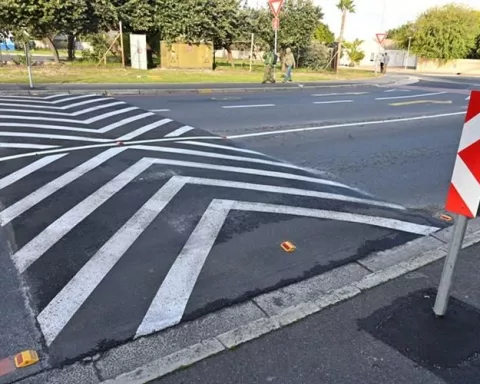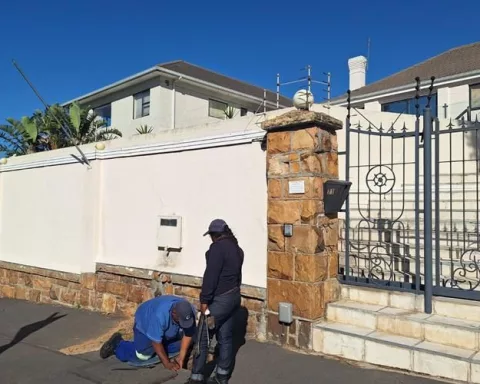In the Cape Peninsula, a diverse group of organizations has formed the Baboon Management Joint Task Team (JTT) to address the future of the area’s Chacma baboon population. The JTT consists of representatives from SANParks, CapeNature, and the City of Cape Town. The team has been working on a Baboon Strategic Management Plan (BSMP) draft, which they aim to finalize by the end of September. This project has sparked considerable public interest, with over 800 comments submitted by concerned citizens.
Creating a Sustainable Management Strategy
In July, the participating organizations signed a memorandum of agreement, marking a significant step toward developing a sustainable management strategy for the Cape Peninsula’s Chacma baboon population. The JTT is committed to involving the public and various stakeholders in the creation of tailored regional solutions. This inclusive approach aims to address the unique needs, resources, and geographical concerns of impacted communities.
Tailored Regional Solutions
The JTT intends to operationalize the BSMP with specific local strategies that ensure the solutions are best suited and most appropriate to their respective areas. The plan also explores the possibility of implementing fences in certain areas to keep baboons in their natural habitats and away from urban zones. The feasibility of the fencing plan depends on several factors, including terrain, land ownership, available funding, and the potential return on investment.
Community Engagement
To advance the project, the JTT will be hosting community meetings next month, where they will present an analysis of human-baboon conflict issues in the affected neighborhoods and areas. These meetings will provide a platform for finalizing engagement and receiving input from community members. A report is being prepared to outline the possible locations for strategic fencing, and once completed, it will be made available for review and consideration.
Collaboration and Conservation
Demonstrating their commitment to a collaborative approach, the JTT plans to invite recognized community organizations to join the Baboon Advisory Group (BAG). The Cape Peninsula’s Chacma baboon population is an essential part of the region’s rich biodiversity. As human populations increase and encroach on natural habitats, it is vital to develop sustainable management strategies that protect both humans and wildlife.
A Promising, Community-Driven Approach
The Baboon Management Joint Task Team’s collaborative effort represents a promising, community-driven approach to conservation. Through the engagement of stakeholders, the development of tailored regional solutions, and the exploration of innovative strategies like strategic fencing, the Cape Peninsula is taking a proactive and informed approach to address the challenges faced by the Chacma baboon population.
A Beacon of Hope
As the JTT finalizes the BSMP, the Cape Peninsula stands as a beacon of hope for the preservation of the Chacma baboon population and serves as an example of the power of collaborative, community-based conservation efforts. By drawing on the expertise of SANParks, CapeNature, and the City of Cape Town, the JTT is well-equipped to navigate the complexities of this issue. Furthermore, the involvement of the public and community organizations ensures that the interests of both humans and baboons will be thoughtfully considered in the development of the Baboon Strategic Management Plan.












